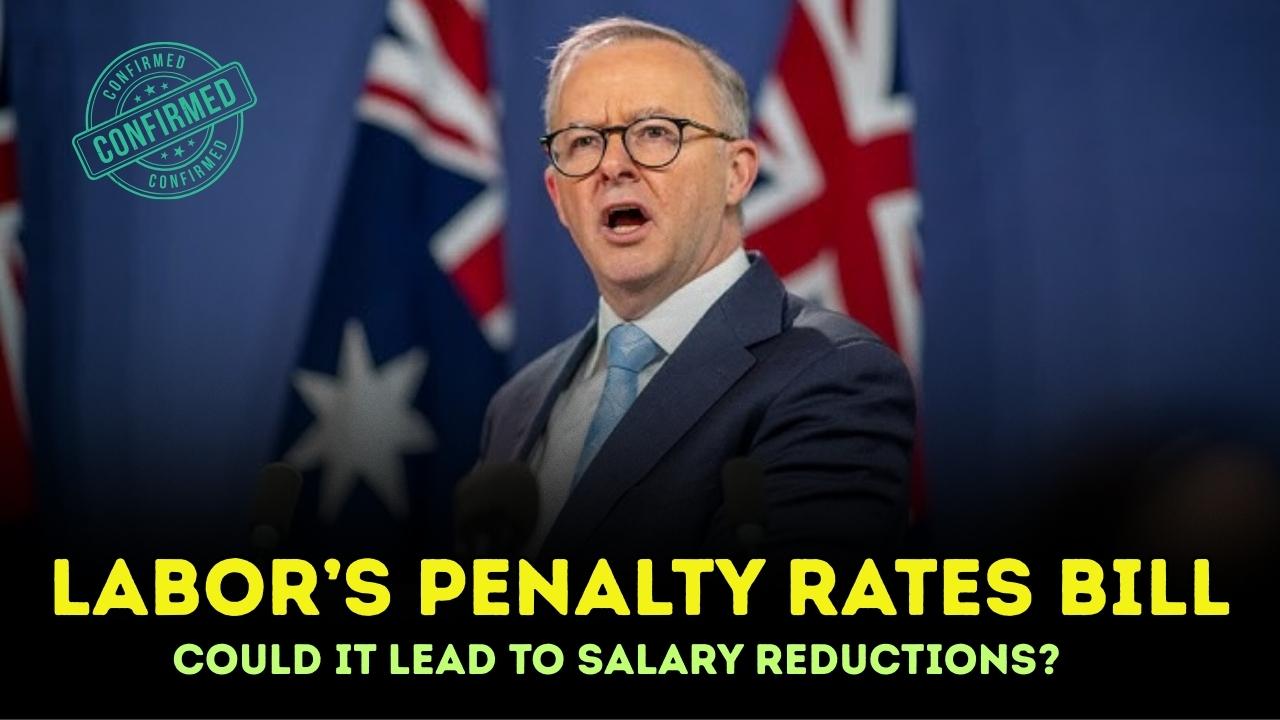Labor’s recently proposed Penalty Rates Bill seeks to preserve overtime and penalty rates for award modernity workers, ensuring they cannot be reduced or substituted in ways that lower the employee’s total remuneration. Although unions celebrate the bill as protective legislation for earnings and remuneration, especially in retail, banking, and hospitality sectors, it is met with criticism from employers on the grounds that it may reduce flexibility and increase disguised salary reductions while serving to “protect” penalty payments.
What the Bill Proposes
The bill, officially titled as Fair Work Amendment (Protecting Penalty and Overtime Rates) Bill 2025, adds a new provision under the Fair Work Act requiring the Fair Work Commission to take modern awards with penalties and overtime obligations into consideration and not diminish them The legislation applies to existing and future commission applications for award variation, particularly in safeguarding remuneration for overtime, weekend, and public holiday work.
Supporters’ Perspective
They argue that the legislation safeguards employees from the employer practice of unbundling compensations and removing penalty rates in exchange for base salary hikes that inadequately compensate for the loss. The Labor Government strongly supports this Bill, articulating that it maintains fairness and stops a “race to the bottom” in employee take-home pay as a result of employer greed.
Employers’ Issues
Retail and banking employer associations criticize the Bill for obstructing flexible payment structures that might enable some employees to receive higher base salaries in exchange for reduced penalty rates. Critics refer to it as a “union thought bubble” which diminishes the autonomous functioning of the Fair Work Commission and adds unnecessary burdens of regulation. A number of businesses caution that the Bill’s arbitrary enforcement of penalty rates might stifle creativity in organizing workplace structures, with a consequential slowing of job creation. Remarkably, there was an earlier suggestion from major retailers permitting some managers to forgo up to 35% pay increases in exchange for no penalty pay, which this Bill seeks to counter.
Could It Cause Salary Decreases?
While people are concerned about salaries being reduced, the Bill’s intention is to ensure that employees do not lose money relative to what they used to earn when penalty rates apply. The argument is whether the requirement to maintain penalty rates shackles employers to so rigid a compensation structure that they cannot provide some non-penalty, base salary that some employees may desire. Critics of the bill advance the argument that those employees who do not have the ability to exchange penalty rates for salaries may not be able to earn higher guaranteed salaries. On the other hand, studies on past cuts to penalty rates do not appear to provide any strong evidence that such cuts tend to increase employment, but they do tend to harm workers’ incomes and the overall demand in the economy.


